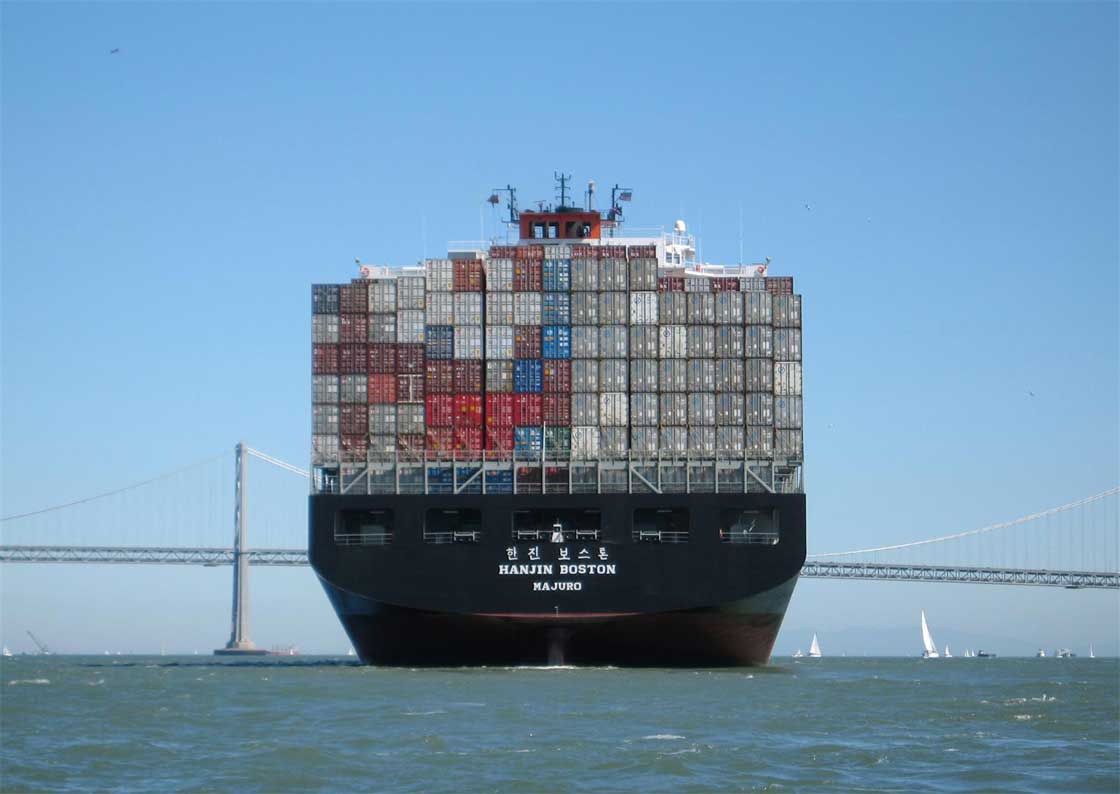The difference between an accident and a disaster is that the former consists of a single incident, the latter of a number of incidents – sometimes minor – that when they come together result in horrifying consequences.
The Potsdam Institute for Climate Impact Research (PIK) advances the scientific frontier on inter-disciplinary climate impact research for global sustainability and contributing knowledge and solutions for a safe and just climate future
Cross-posted from the PIK website

“Ripple resonance, as we call it, might become key in assessing economic climate impacts especially in the future,” says Kilian Kuhla from the Potsdam Institute for Climate Impact Research, first author of the study. “The effect of weather extremes in our globalized economy yield losses in some regions that face supply shortages and gains in others that see increased demand and thereby higher prices. But when extremes overlap economic losses in the entire global supply network are on average 20 percent higher. This is what we see in our simulations of heat stress events, river floodings, and tropical cyclones; and it is a most worrying insight.”
Generally, extreme weather leading to, for example, the flooding of a factory does lead not only to direct local output losses. It is known that the economic shocks also propagate in the global trade network. Now the researchers find that these propagated effects do not just add up but can in fact amplify each other. The researchers modelled the response of the global network, calculating 1.8 Million economic relations between more than 7000 regional economic sectors.
Richer economies are hit harder
While not all countries suffer from the ripple resonance effect, most countries which are economically relevant do. Specifically China, due to its prominent position in the world economy, shows an above-average effect of more than 27% of extra losses when extreme events overlap compared to when they hit independently from each other.
“The phenomenon of economic ripple resonance means that two separate incidents send shock waves through the world economy, and those waves build up – like a tidal wave,” says Anders Levermann department head at Potsdam Institute and scientist at Columbia University in New York, who led the author team. “Supply shortages increase the demand and that increases the prices. Firms have to pay more for their production goods. In most cases, this will get passed down to the consumer. Since weather extremes happen abruptly, there’s no smooth adaptation of capacities and prices at least for a short period of time. If other suppliers fail, due to economic repercussions of another weather extreme elsewhere, the interfering price shocks are intensified.”
Overlap makes total losses larger than the sum of two events’ damages
“If something gets rare, it gets expensive, and if it gets rare worldwide it gets very expensive – clearly, that’s not new,” says Levermann. “The new thing is the overlap. So far, people mostly looked at the local damage or at most the economic repercussions of one disaster at a time. Now we find that a second disaster happening at about the same time, even if it’s in a different corner of the world, can lead to higher worldwide economic losses.”
This holds true not just for simultaneous but also for consecutive disasters, if the economic effects of the different disasters overlap. “By allowing climate change run wild, we add climate-induced economic losses on top of everything else. If we do not rapidly reduce greenhouse gases, this will cost us – even more than we’ve expected so far.”


Be the first to comment